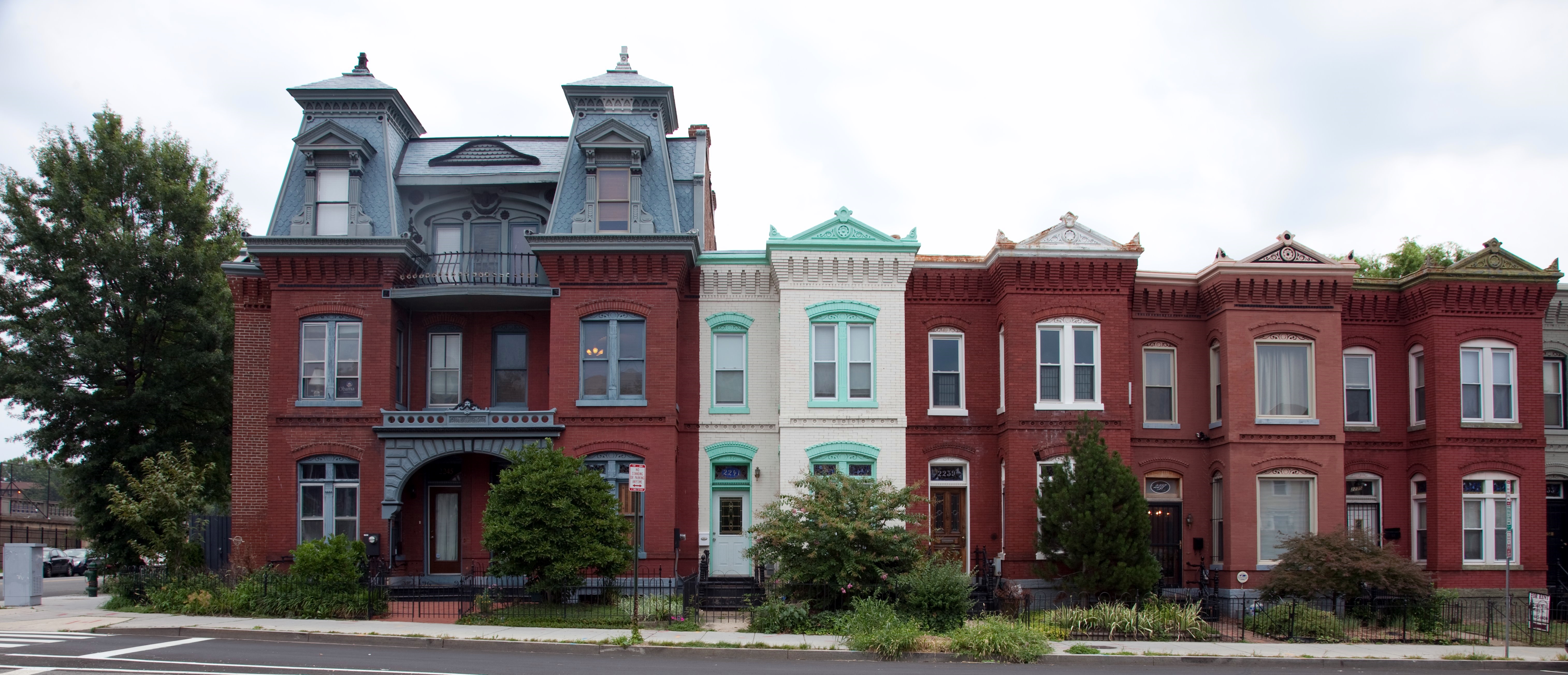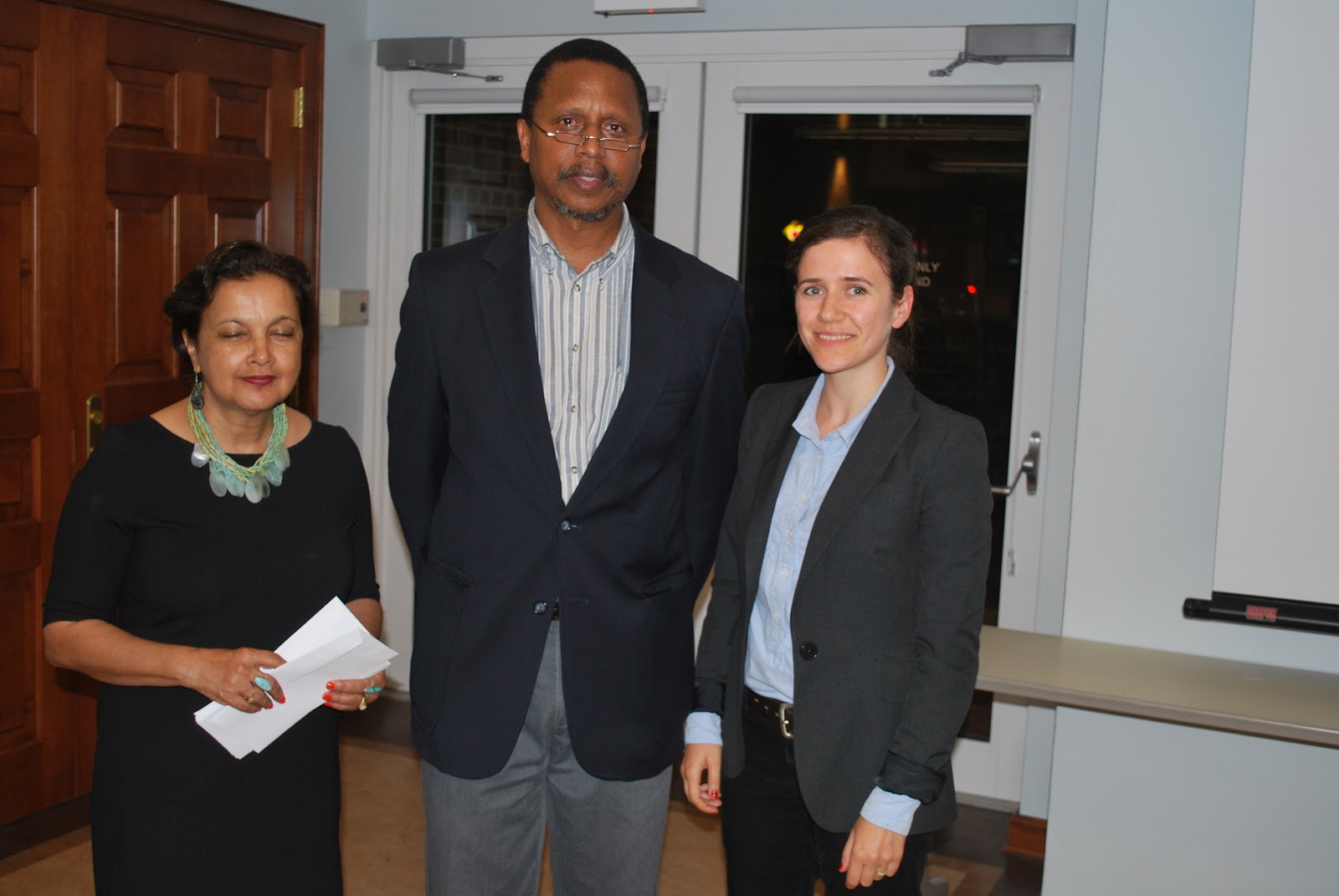Collections Management Intern, Maria Galiano Offers Her Perspective on the Importance of Preserving Historical Narratives
By Maria Galiano
A current philosophical debate in the history department raises the question of whether history should solely be taught through facts or through narratives. I say why not both? In stating facts, one must tell a story as a historical background for those facts, and in telling a story, one must state the facts in order to create the legitimacy of the historical narrative.
In order to keep history alive, we preserve it. Just like monuments and museums make tribute to certain people and events, preservation serves as an artifact that truly tells a story.

Many forget that history plays a big role in allowing us to tie the present with the past. The
In the Shadow of the Capitol series documents a symposium that celebrates the memories of several intellectual minds of D.C., such as Sterling A. Brown, Owen Dodson, Gloria Oden, Harold Chinn, and Anne Cook Reid. These speakers discuss various topics including segregation in the arts and in education.
From documentary films to oral history collections, the DC Digital Museum celebrates the cultural history of the Washington, D.C. community.
Members of the community can learn a great deal about their society through local history. Being a part of history is impressive, but preserving and celebrating it is imperative.
White Footsteps
The soft, cold white blankets of snow are covering Washington again
As I walk through Logan Circle, I see the footsteps that have been left before me
Some are big. Some are small. Some have been wiped away
And I reminded that I am not alone
There is a community
It is what brings us all to a state of unity
I pause for a second and ask myself,
Why don’t I know more about this beautiful place?
Memorials and buildings are a constant reminder,
A reminder of the history that took place before and after
It’s one of the coldest winters yet,
And I realize that I am in debt…
I owe some time to the story of past and present Washingtonians
I owe some time to this town’s kaleidoscopical history
I owe some time to D.C.’s memory
And so I thank these white footsteps
For reminding me that I cannot be whole
Without including the story of my community,
Without learning much, much more











